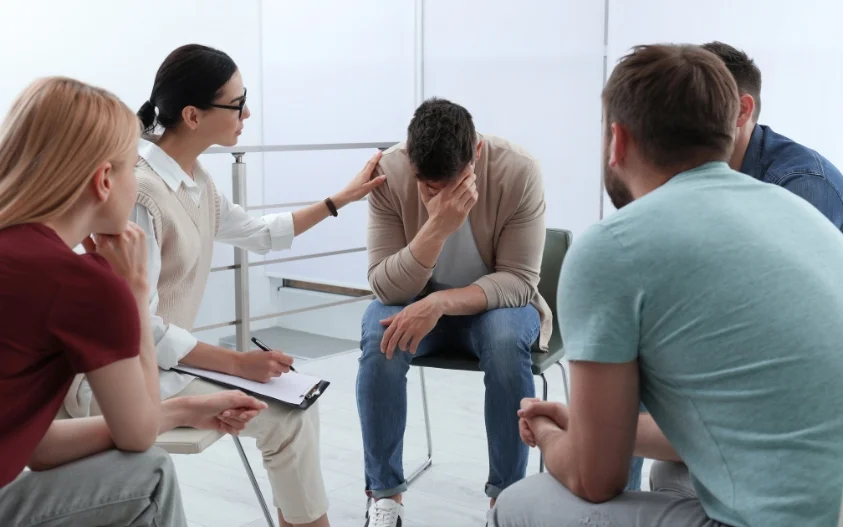24/7 Helpline:
(866) 899-221924/7 Helpline:
(866) 899-2219
Learn more about Inpatient Rehab centers in Cynthiana

Other Insurance Options

WellPoint

Medical Mutual of Ohio

Self-pay options

MVP Healthcare

Choice Care Network

Health Choice

Access to Recovery (ATR) Voucher

Carleon

BHS | Behavioral Health Systems
Beacon

Providence

Ambetter

Health Partners

Humana

Oxford

Regence

Anthem

Ceridian

Horizon Healthcare Service

Health Net















